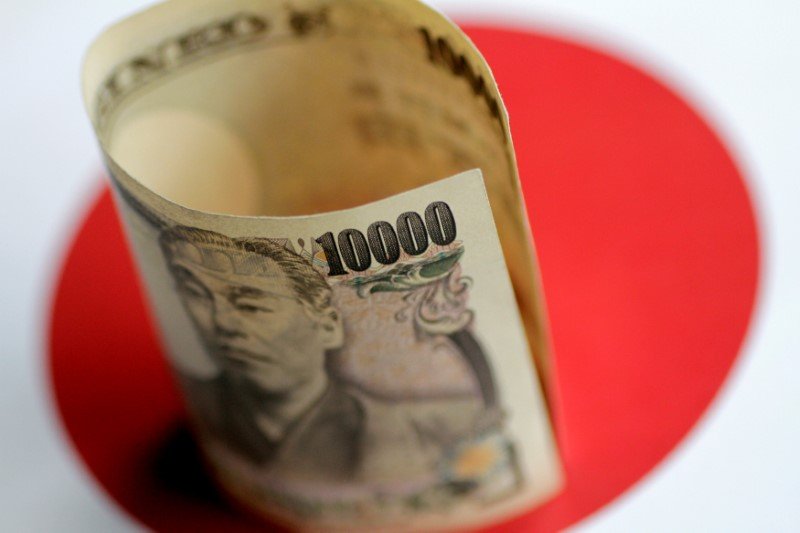Recent weeks saw much speculation about the potential unwinding of yen carry trades and its potential impact on financial markets. While many anticipated significant market disruptions, the actual consequences have been relatively mild.
The yen carry trade involves borrowing yen at low interest rates and investing the proceeds in assets offering higher returns. This strategy has been popular among investors due to Japan’s historically low interest rates.
However, concerns arise when there is a potential reversal of this trend, as such an unwind could lead to a sudden and widespread impact on financial markets.
Two weeks ago, market commentary was dominated by fears that the unwinding of yen carry trades would lead to market disruptions, said analysts at Macquarie.
This anticipation resulted in a noticeable spike in equity volatilities. Despite these initial concerns, the market has not experienced any enduring damage, which aligns with the perspective of analysts at Macquarie who characterized the situation as a “heart palpitation, not a coronary.”
Analysts at Macquarie believe that the yen carry trade unwind did not lead to catastrophic outcomes due to several factors. First, the current era is characterized by an abundance of capital, which provides ample liquidity and supports the resilience of the global financial system.
Second, despite initial market reactions, there were no signs of systemic liquidity stress, indicating a robust underlying liquidity in the financial system.
Finally, the ability of central banks to act swiftly and effectively, as demonstrated by the Fed’s development of new tools, helps prevent systemic issues and maintain market stability.




